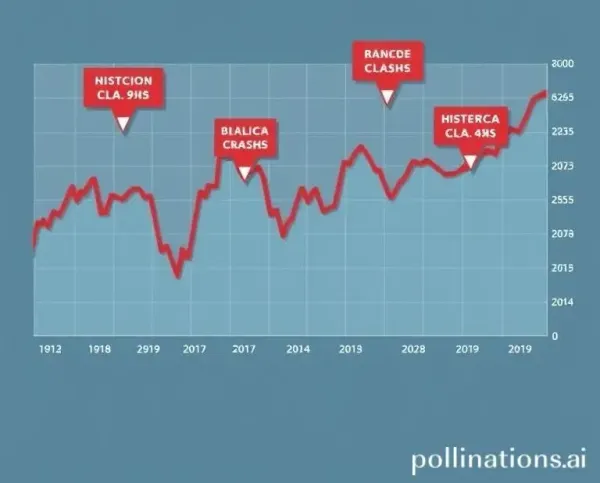Navigating Retirement Funds: The Pros and Cons of Long-Term Investments
Explore the pros and cons of long-term closed-end funds for retirement.

Have you ever wondered if long-term investments in closed-end funds are the right choice for your retirement? You're not alone. This tricky financial web is a common point of curiosity for many who are preparing for their golden years. Let's dive into the ins and outs of this investment strategy and see if it’s the golden ticket you’re looking for—or just fool’s gold.
Why Consider Closed-End Funds for Retirement?
Imagine this: You've just hit the big 5-0. You're celebrating with friends and family, and (mid-chicken wing) the conversation turns to retirement. You're feeling pretty fiscally responsible. You've been thinking about long-term investments, specifically closed-end funds, as a part of your strategy.
Why closed-end funds? Here are some key points:
- Diversification: These funds allow access to a variety of asset classes, reducing risk.
- Income Potential: Many offer regular income through dividends.
- Active Management: Typically managed by experienced professionals aiming to maximize returns.
The Flip Side: Potential Pitfalls
While there are many perks, it's not all rainbows and dividends. Here're a few watch-outs:
- Market Volatility: These funds can be subject to wide value swings due to market conditions.
- Management Fees: Active management often comes with higher costs, possibly eating into your returns.
- Liquidity Concerns: These funds might not be as easy to sell as you think, posing a risk if you need quick access to your money.
Is This Right for You?
Much like my friend Alex, who wanted to retire to a beach hut with steady coconut drinks, everyone has different end-goals. Long-term holding in closed-end funds can fit into a varied retirement plan but requires careful consideration because everyone's situation is unique. Reflect on your personal risk tolerance and financial goals to decide if closed-end funds belong in your portfolio.
Closing Thoughts
Ultimately, the decision to include closed-end funds in your retirement plan hinges on how you handle risk and what you hope to achieve financially. As you strategize your retirement, ask yourself: How does this fit into my bigger picture? And if ignored, what could be the consequences?
What’s on your mind as you plan your financial journey towards retirement? Share your thoughts or questions below!




